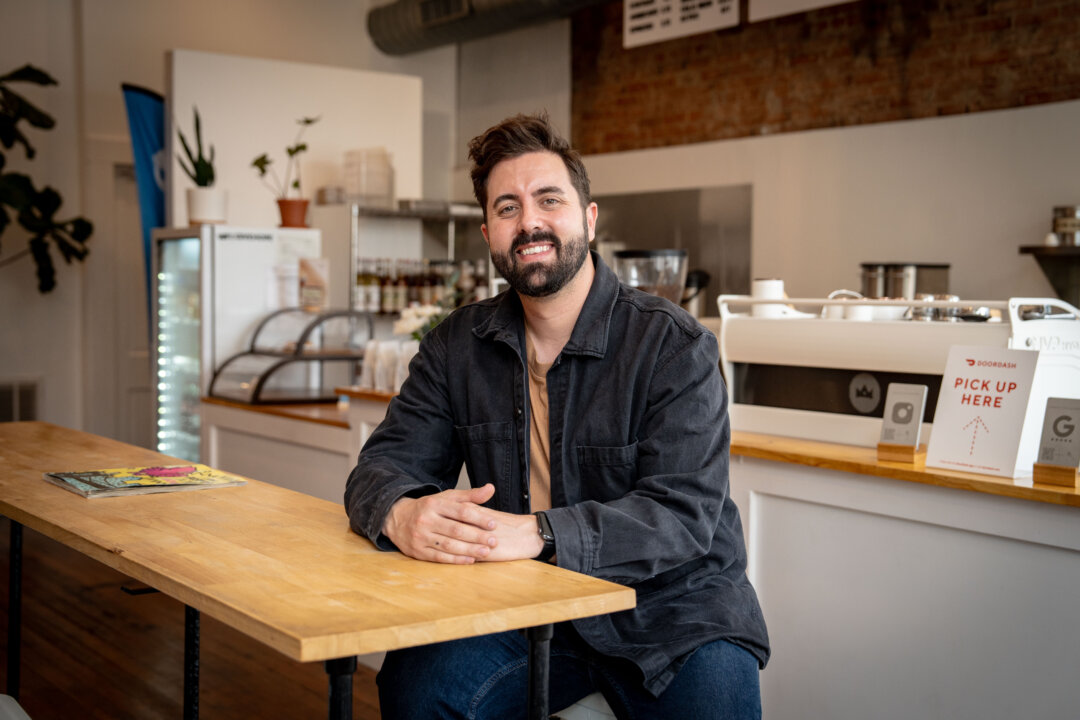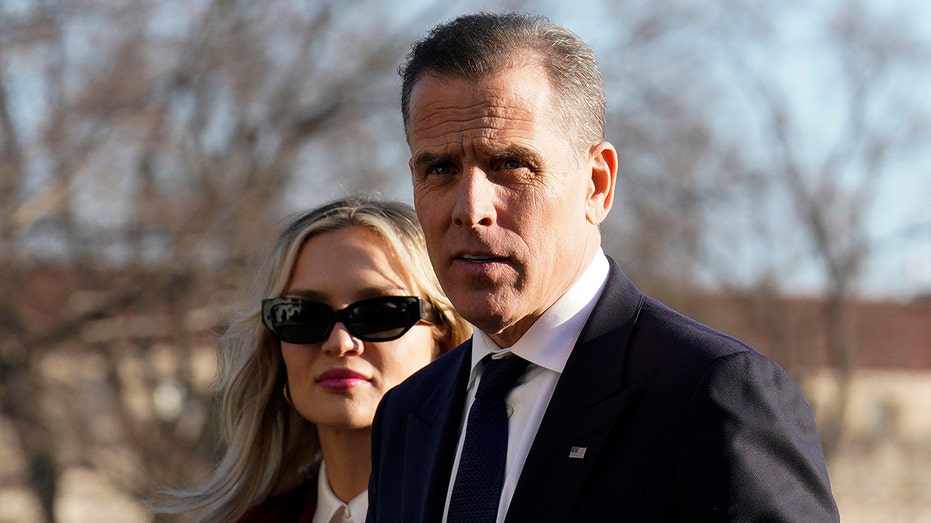On April 7, 2025, in what seemed like a solemn gesture of remembrance, Belgium’s Foreign Minister, Maxime Prévot, typed out and shared on the X-Platform a statement that had all the trappings of moral clarity. It was, on the surface, a tribute to the victims of the 1994 Genocide against the Tutsi in Rwanda. But buried beneath its polished prose was a toxic brew of hypocrisy, ignorance, and galloping wicked cynicism: “Genocidal ideology is a poison that must be fought relentlessly.
In 2019, Belgium adopted a landmark law criminalizing the denial of the genocide against the Tutsis. This law stipulates that anyone who denies, minimizes, or justifies the genocide of the Tutsis can be prosecuted. This includes speeches, writings, or any other form of expression that seeks to question the reality of this genocide.

Its systematic enforcement must be pursued.” A rational observer, unseduced by diplomatic flourishes, might have paused to ask: Does Prévot know what poison is? More importantly, does he realize it was his own house — the Belgian colonial state — that engineered this poison, bottled it, and handed it out in neatly labeled flasks across Rwanda? Does he understand that what Belgium exported wasn’t merely ideology, but a genetically coded hate system — one now maintained in his own backyard under Belgium’s protection, funded by its taxpayers, and given platforms in its media and academia? The problem with Prévot’s message is not the label “poison.” That’s accurate.
The problem is pretending that Belgium didn’t invent it. To call the ideology “a poison” and then give its cultivators space, funds, and platforms is not just paradoxical — it is criminally cynical. It's like condemning alcoholism while owning the distillery.
The discourse of hypocrisy Scholars of discourse have long warned of this duplicity. Michel Foucault taught us that discourse is not merely descriptive — it is productive. When a state speaks, it creates realities, legitimacies, and exclusions.
Prévot’s statement creates a moral discourse that attempts to sanctify Belgium as an opponent of evil — while the state continues to support and host its ideological machinery. Noam Chomsky’s analysis in Manufacturing Consent helps us further. Belgium’s media and political elite, through the selective application of their laws and commemorative rhetoric, manufacture a moral high ground they do not occupy.
This is the theater of democratic virtue — performed to appease public conscience, not to enact justice. Even Jacques Derrida, the post-structuralist master of deconstruction, would laugh — and cry — at the attempt to isolate the signifier “poison” from the one who brewed it. It is the real “pretending to pretend.
” Through the Foreign Minister, the Belgian state wants the public to hear “poison” and imagine some abstract evil — some Rwandan darkness detached from European fingerprints. But the ink on the recipe is Belgian. The poison was produced, patented, and distributed from Brussels.
Belgium is the original chemist Belgium's colonial governance of Rwanda was not an act of stewardship; it was a laboratory experiment in racial engineering. This wasn't accidental. It was methodical.
Belgium, aided by Catholic missionaries, introduced racial categories not merely for administrative convenience but as a long-term project in human social engineering. They systematically favored Tutsis during the early years of colonization, then abruptly switched support to Hutu extremists as winds of independence began to blow, sowing division and resentment. By the 1950s, Belgium began transferring power to a new elite — radical Hutu leaders in the guise of emancipation — but in reality, it was merely sowing a more virulent strain of the same ideology.
Enter PARMEHUTU, the Party for Hutu Emancipation, which Belgium not only tolerated but helped install as a political force. This party's toxic legacy would culminate in the 1994 genocide, after decades of anti-Tutsi pogroms that Belgium refused to prevent, condemn, or even report truthfully. It was a textbook case of breeding divisions for control.
But breeding, in this context, was not only physical—it was ideological. It was the planting of myths, the artificial separation of communities, and the promotion of one group as inherently superior or more legitimate than the other. When Belgium formally left Rwanda, they did not dismantle this racist taxonomy—they left it fermenting, fermenting until it exploded in 1994 with the Genocide Against the Tutsi.
Belgium may no longer hold African colonies, but it continues to host, fund, and defend ideological offspring that maintain the same mission: sow hatred, erase history, and perpetuate division. And now, decades later, that same colonial project has found new life—thanks to Belgium—through its deliberate preservation of “gene flow” of genocidal ideology. Jambo ASBL and its affiliates are not a spontaneous diaspora movement; they are the inheritors of Belgium’s ideological genome, a kind of controlled experiment in historical narrative manipulation.
One could almost forgive Prévot’s statement if Belgium had actually taken action against known genocide propagandists living under its roof. But names like Gaspard Musabyimana — a founder and board member of the infamous RTLM (Radio Télévision Libre des Mille Collines), the station that orchestrated the 1994 genocide — are still free. His affiliations with FDU-Inkingi, another pseudo-political front for genocidaires-in-exile, are well known, with their European version of RTLM called Radio-Inkingi.
Yet Belgium’s so-called law has remained, for these characters, an idle piece of legislation — good for headlines but never for justice. So what, one must ask, is Belgium actually enforcing? And for whom? Let us stretch this hypocrisy across the border, into the Democratic Republic of Congo, where genocidal ideology has found new ground and familiar sponsors. Belgium claims to oppose genocidal ideology, especially in the Great Lakes region.
But who is Belgium supporting in that region? Why, it’s President Félix Tshisekedi — a man whose government is openly allied with the FDLR (Democratic Forces for the Liberation of Rwanda), the very organization made up of remnants of the Interahamwe and former Rwandan Armed Forces (ex-FAR) — the architects and executors of the 1994 genocide. Tshisekedi’s government, a naturalized Belgian citizen, has offered these forces support, refuge, and even operational alignment against Rwanda and the M23 rebel movement, which emerged in resistance to FDLR atrocities in eastern Congo. He presides over a propaganda machine that daily resurrects anti-Tutsi stereotypes, mimicking the radio bile of RTLM, while accusing Rwanda of “balkanization” and “infiltration.
” Belgium knows this — and yet it sends aid, troops, and smiles. So tell us again, Minister Prévot: How do you fight poison while bottling it in Kinshasa? Poison passed down through generation Belgium, a country with no colony left to exploit and no moral authority left to preach, has still managed to retain one successful colonial export: hate. It is not found in museum exhibits or dusty archives, but in human form—curated, nurtured, and presented to the world as activists.
These are not ordinary activists; they are carefully bred products of ideological inbreeding, selective grooming, and historical distortions. The crown jewel of this twisted enterprise is Jambo ASBL, a Rwandan “diaspora youth organization” based in Brussels that exists for one reason: to sanitize the memory of a genocide and dignify its perpetrators. Belgium’s fingerprints are all over the ideological infrastructure of Jambo ASBL, and not by accident.
To understand this, one must begin with Belgium’s colonial model in Rwanda—a model rooted in eugenic logic, the logic of selective breeding. What Belgium did in Rwanda was not simply institutionalized racism; it was ideological genetic engineering. Today, that poison flows through the veins of organizations like Jambo ASBL and FDU-Inkingi — whose members are not only ideological descendants but in many cases literal descendants of convicted, fugitives from justice, dead or indicted genocidaires.
Jambo ASBL is not an innocent NGO trying to promote debate. It is a deliberately cultivated ideological clone bank. Their mission is not reconciliation, but revision.
They don’t just question facts — they attack memory itself. Their mission is to alter global consciousness, cast perpetrators as victims, and present denialism as free speech. Take Jean-Luc Habyarimana, the son of former Rwandan President and genocidal ideologue Juvenal Habyarimana.
His access to public platforms in Belgium and France is no anomaly—it is a product of this breeding system. Jean-Luc, an active member of Jambo ASBL, has inherited not just a name, but a mission: to rehabilitate the image of his father’s criminal regime and to shift blame for the genocide onto its victims. His recent statement on the Luanda Process, in which he dismissed the Genocide Against the Tutsi in the DRC as a Rwanda problem and falsely accused Rwanda of regional aggression, is straight from the colonial playbook of blame deflection and victim inversion.
It is no surprise that such ideas flourish in Belgium. The country has never dismantled the soft power networks that allow genocidaires and their descendants to flourish. On the contrary, Belgium offers asylum, citizenship, and platforms to individuals and organizations whose sole mission is to distort truth and promote genocidal nostalgia.
The fact that Jambo ASBL can organize events, publish materials, and influence policy from Brussels is not a failure of oversight—it is a success of continuity. This is gene flow by design. This support structure is not benign.
It has consequences—not only in how the Genocide Against the Tutsi is remembered, but in how Tutsi populations continue to be targeted across the region. In the Democratic Republic of Congo (DRC), hate speech against Congolese Tutsis (Banyamulenge) is rampant. The DRC government, in collusion with groups like FDLR—a militia composed of remnants of the Rwandan genocidal army—is openly supportive of policies that marginalize and attack Tutsi communities.
The rhetoric used is eerily familiar: Tutsis are foreigners, infiltrators, or agents of Rwanda. This is where Jambo ASBL’s influence becomes more than just ideological. By normalizing the denial of the 1994 genocide and recasting the victims as aggressors, Jambo ASBL provides a discursive shield for current anti-Tutsi campaigns in the DRC.
In effect, they justify ongoing persecution by suggesting a historical rationale: if the Tutsi were never victims, then they are always suspects. It’s a toxic inversion of memory that has real-world consequences. Belgium has not just tolerated this.
It has nurtured it. It has created a safe haven where genocidal propaganda can be repackaged as acceptable speech, where international fugitives are protected in the name of “due process,” and where denial is treated as a legitimate opinion rather than an act of moral cowardice. Belgium’s selective commitment to human rights—loud when it comes to Eastern European dissidents, silent when it comes to African genocidaires—is not lost on observers in Kigali, Kinshasa, or Goma.
Let us be clear: Belgium’s support for Jambo ASBL is not about human rights. It is about geopolitical convenience, ethnic favoritism, and colonial nostalgia. It is the ideological equivalent of keeping a private zoo—a place where one can study the creatures of hate, feed them occasionally, and admire how well they reproduce in a relaxed captivity.
Jambo ASBL is not a natural occurrence—it is a domesticated strain of hate, bred and sustained in Belgium’s institutional greenhouses. The analogy to selective breeding is not metaphorical; it is historical. Belgium did not merely classify Rwandans into rigid ethnic categories.
It intervened in their social evolution, like a geneticist modifying traits to suit its imperial needs. And when the imperial project collapsed, Belgium ensured that the ideological DNA—resentment, racialism, division—would be preserved and passed on. Jambo ASBL, and other denialist outfits like it, are nothing more than the genetic continuity of colonial eugenics.
The project is no longer one of empire, but of memory control, narrative warfare, and historical revisionism. Jambo’s genetic makeup is the ideological continuity of PARMEHUTU — a movement preserved, watered, and grown under the careful greenhouse of Belgian tolerance. This is what geneticists call selective breeding.
Belgium, the original breeder, now pretends to recoil from the very creature it nurtured. Genocide ideologues and deniers as house guests If Minister Prévot had a good advisor — one with even a beginner’s grasp of history, logic, and moral consistency — the April 7 message might have gone differently. Here’s what such an advisor might have said: “Sir, before you post that message, remember: our colonial state created the poison you now decry.
Our soil hosts its modern evangelists. Our aid props up governments that embrace genocidal rhetoric. If you want your statement to have weight, you must pair it with action — ban the denialist organizations, prosecute genocide ideologues based Belgium, publicly denounce Tshisekedi’s alliance with the FDLR, and stop funding ideological offspring of the génocidaires.
Otherwise, your words will ring hollow — and history will not be fooled.” But alas, no such advisor interrupted the Minister’s keyboard. Belgium has shown no interest in prosecuting its own hate propagandists, shielding known purveyors of hate, or distancing itself from lobbyists and NGOs that openly engage in genocide denial.
That same state now postures as a moral leader on genocide remembrance? That’s not remembrance — that’s laundering. Belgium is attempting to launder its past by criminalizing denial in words while allowing its practice to flourish in deeds. You cannot criminalize genocide denial in your parliament and host its prophets in your universities.
You cannot teach the evils of ethnic hatred in your schools while enabling its resurrection through subsidized NGOs. And you cannot lecture Africa on ideological poison while exporting it in the form of “advisors,” “experts,” and diplomatic backstabbing. Belgium must choose Belgium is not the victim of genocidal ideology.
It is not even merely its ancestor. Belgium is the custodian of its gene pool. What Jambo ASBL and FDU-Inkingi represent is not fringe dissent — it is the curated continuity of genocidal ideology, tailored for European tastes: dressed in suits, fluent in French, arguing “freedom of speech” while dancing on the graves of genocide victims.
Their existence, protected by Belgian laws, nourished by Belgian silence, confirms the worst: Belgium’s condemnation is performative. Its moral outrage is a costume. Its commemorations are theater.
They say never again while keeping the lights on for those plotting the encore. The time has come for Belgium to choose — not in words, but in deeds. It can either be the arsonist who walks away from the blaze, still holding the matches.
Or it can begin the long, painful, honest work of dismantling the ideology it birthed, nurtured, and now pretends to condemn. That means dismantling Jambo ASBL and its networks of denial. That means holding genocide apologists like Ruhumuza and his brother Gustave Mbonyumutwa, Joseph Matata of CLIIR, Fr.
Serge Desouter and others accountable. That means doing the impossible, by cutting ties with the FDLR-friendly regime in the DRC. That means confronting the fact that Belgium has not just tolerated the ideology it claims to despise — it has facilitated its evolution.
Belgium has committed a double crime—first, in helping engineer the ideological preconditions for genocide, and second, in supporting its modern apologists and deniers. Its complicity is not just historical but active, present, and ongoing. Through its hospitality to groups like Jambo ASBL, Belgium has become the midwife of a second genocide—not one of machetes, but of memory.
Not one of mass graves, but of erased truths and revived lies. Till Belgium dismantles this infrastructure of hate and apologizes—not just in words but through action—it cannot claim to stand for justice, democracy, or truth. It can only stand as what it has become: a museum of colonial arrogance, where the old racism has been bred into new forms, and where hate continues to reproduce under the label of activism.
Until then, Maxime Prévot’s words are worse than empty. They are insulting. Because the arsonist has returned to the village, hose in hand, shouting “Fire!” — while quietly slipping more kerosene into the well.
.
Politics

Genocide ideology: Belgium is a gene pool custodian

On April 7, 2025, in what seemed like a solemn gesture of remembrance, Belgium’s Foreign Minister, Maxime Prévot, typed out and shared on the X-Platform a statement that had all th...















